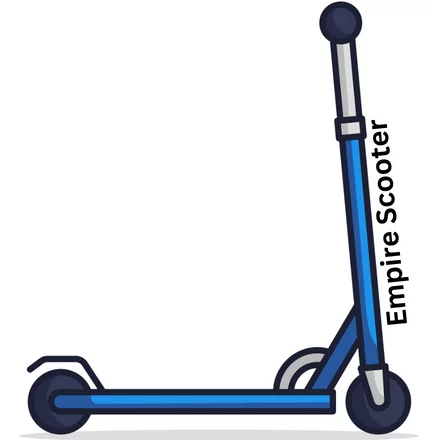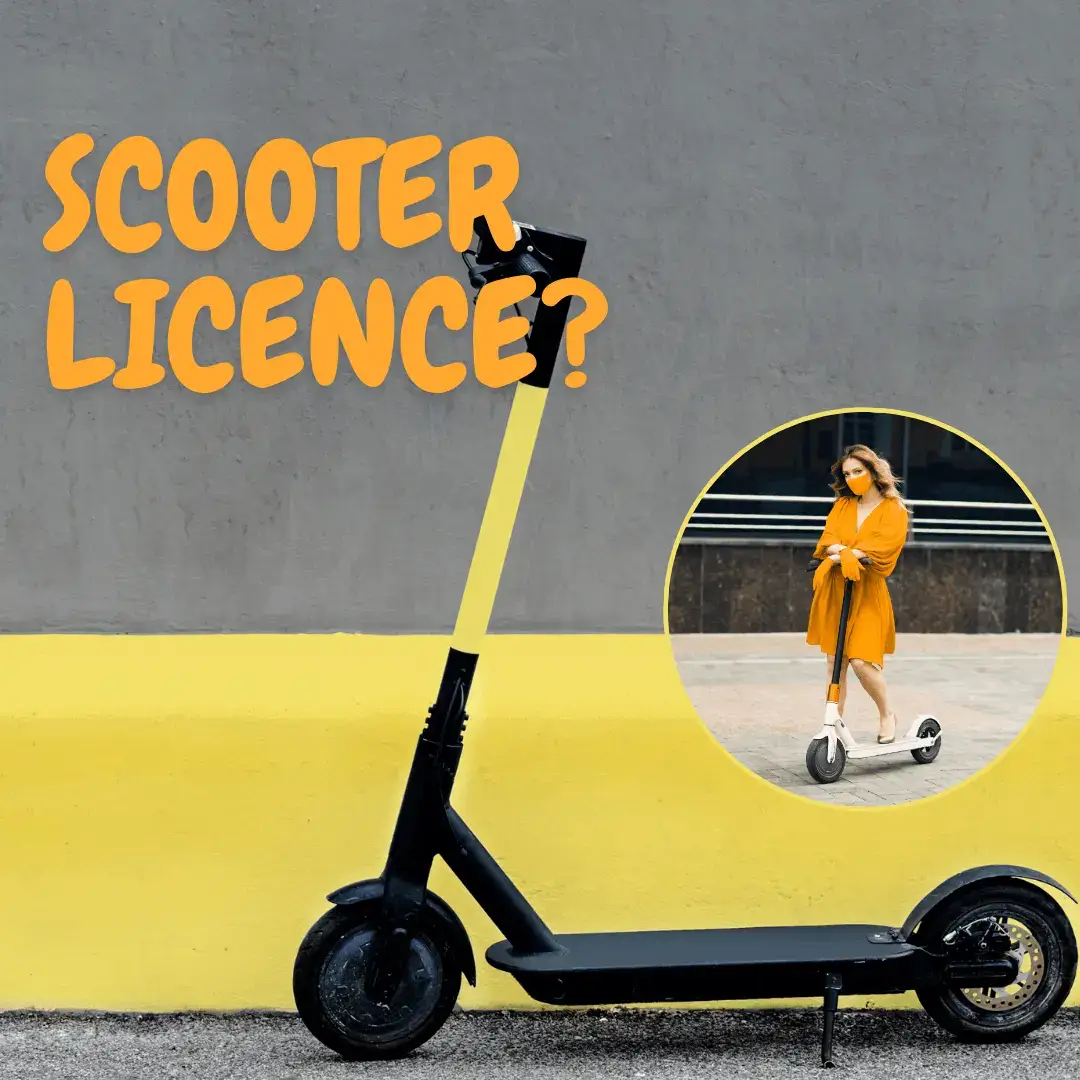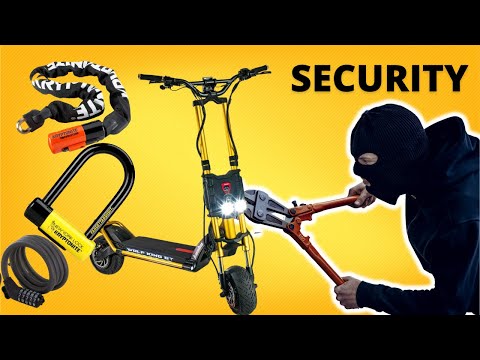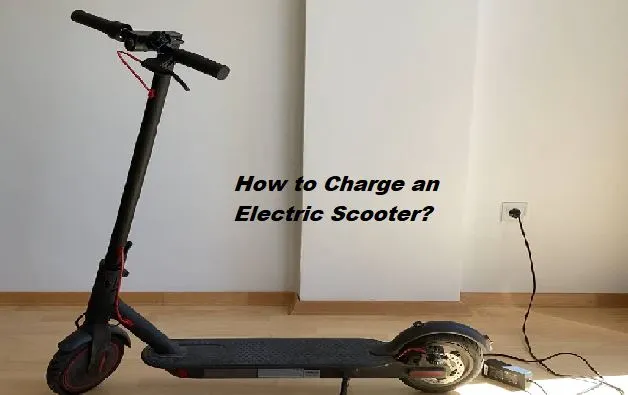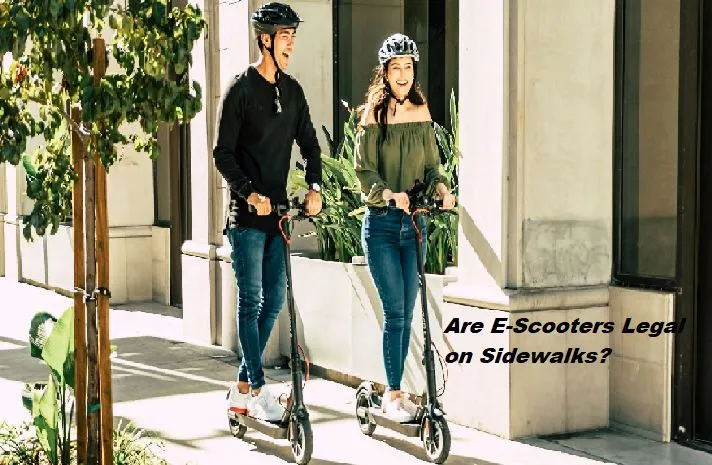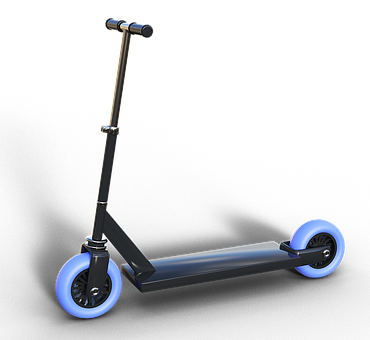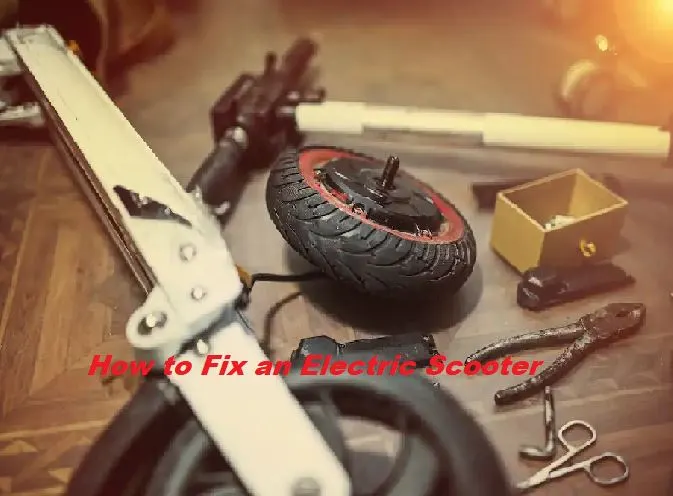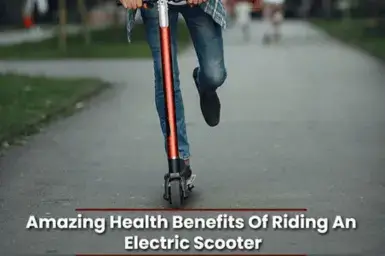Do You Need a Driving Licence for Electric Scooter?
In recent years, Driving licences for electric scooters have surged in popularity as an eco-friendly, efficient, and convenient mode of personal transportation. As these electric marvels become a common sight on city streets, it raises an important question for riders and potential enthusiasts:
Do You Need a Driving Licence for Electric Scooter? In this comprehensive guide, we’ll delve into the legal landscape surrounding and ride of an electric scooter with licensing requirements, providing you with a clear understanding of where regulations stand.
Do You Need a Driving Licence for Electric Scooter? When and Why?
Electric scooters have revolutionized urban mobility. With their silent motors, zero emissions, and compact size, they offer an attractive alternative to cars, especially for short commutes and last-mile transportation. Cities worldwide have embraced electric scooters as a means to reduce traffic congestion and curb air pollution, leading to the proliferation of scooter-sharing programs and personal ownership. So a question arises. How to check a driver’s license for an electric scooter?
Types of Electric Scooters
Before delving into licensing requirements, let’s understand the two primary categories of electric scooters.
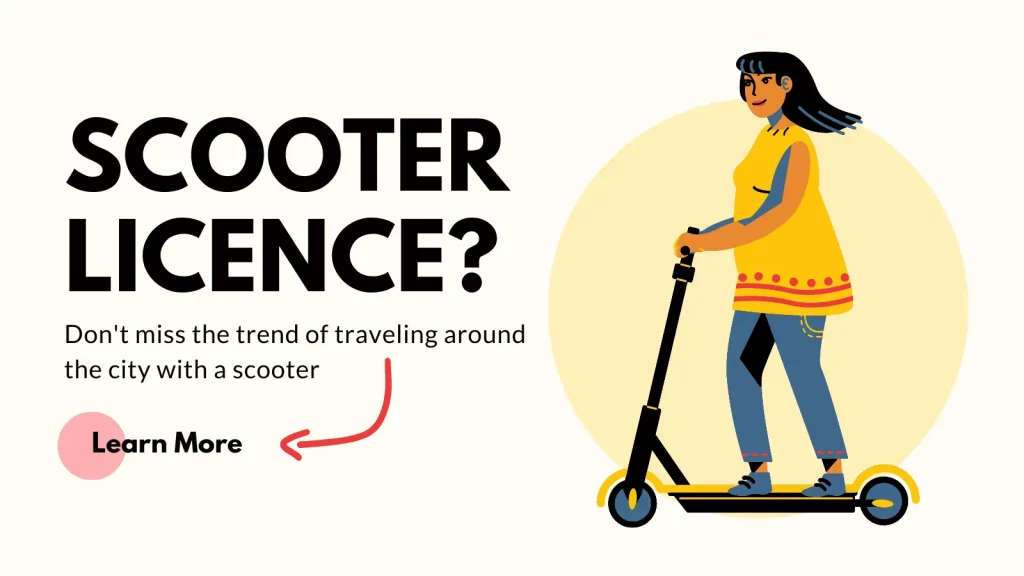
Electric Kick Scooters
Electric kick scooters are typically lightweight and foldable. They feature a small electric motor, powered by a rechargeable battery, integrated into the scooter’s deck.
Electric kick scooters are designed for short-distance commutes within urban areas. They are often used for leisure rides or as a convenient mode of transportation for the last mile of a journey.
Electric Mopeds or E-Scooters
Electric mopeds, often referred to as e-scooters, are more substantial than electric kick scooters. They have larger frames, and more powerful motors, and may include features like headlights, turn signals, and mirrors.
Electric mopeds or e-scooters are suitable for longer commutes and may be used on city streets at higher speeds. They provide a more robust transportation solution for daily travel.
Licensing Requirements for Electric Scooters
The licensing requirements for electric scooters vary depending on your location and the type of electric scooter you own. Let’s explore these requirements in more detail:
United States
In the United States, electric scooter regulations are primarily determined at the state and local levels. This decentralized approach has led to a patchwork of rules and requirements. Here’s a general overview:
Electric Kick Scooters
In many states and cities, electric kick scooters are treated similarly to bicycles. How to check driving license to operate them.
Some areas have age restrictions for electric kick scooter riders. For example, riders may need to be at least 16 years old to operate these scooters.
Helmet laws for electric kick scooters vary by location. Some places require all riders to wear helmets, while others have no such mandate.
Electric Mopeds or E-Scooters
Electric mopeds or e-scooters are often subject to more stringent regulations. In many states, you may need a valid driver’s license, such as a standard Class C license, to operate these vehicles.
Some states require electric mopeds to be registered and insured, similar to traditional motor vehicles.
Age restrictions for e-scooter riders can vary widely. It’s essential to check your local regulations to determine if there’s a minimum age requirement.
European Union
In the European Union, electric scooter regulations are relatively harmonized due to EU directives. However, individual countries may still have specific rules:
Electric Kick Scooters
In most EU countries, electric kick scooters are classified as Personal Light Electric Vehicles (PLEVs) and do not require a driver’s license.
Electric kick scooters in the EU typically have a speed limit of 25 kilometres per hour (15.5 miles per hour).
Riders are generally required to be at least 14 or 16 years old to operate electric kick scooters.
Electric Mopeds or E-Scooters
For more powerful electric mopeds or e-scooters, a driver’s license may be necessary for some EU countries, especially if the scooter’s speed exceeds 25 kilometres per hour.
Depending on the country, registration and insurance requirements may apply to electric mopeds and e-scooters.
Other International Locations
Regulations for electric scooters outside the United States and the European Union can vary significantly. It’s essential to research and understand the specific requirements in your country or region. Some countries may have strict licensing requirements, while others may treat electric scooters more like bicycles in terms of licensing.
Factors Influencing Licensing Requirements
Certainly! Let’s explore the factors that influence licensing requirements for electric scooters:
Factors Influencing Licensing Requirements
Licensing requirements for electric scooters can vary widely from one location to another. These requirements are influenced by several key factors, each of which plays a significant role in determining whether you need a driving license to operate an electric scooter. Let’s delve into these factors:
Type and Power of the Electric Scooter
The power of the electric scooter’s motor is a crucial factor in licensing requirements. Scooters with more powerful motors may be subject to stricter regulations. In many jurisdictions, low-power electric kick scooters are treated more like bicycles and often do not require a driver’s license.
The maximum speed that an electric scooter can reach can also impact licensing. Scooters with higher top speeds may be subject to additional regulations, including the need for a driver’s license.
Local Regulations and Jurisdiction
Electric scooter regulations are typically determined at the state, city, or municipal level. This decentralized approach means that licensing requirements can vary widely from one location to another, even within the same country.
Some areas have specific zoning laws that dictate where electric scooters can be ridden. Understanding these laws can help you determine whether you need a license for your intended riding location.
Safety Measures and Age Restrictions
Licensing requirements may be put in place as a safety measure. Requiring a driver’s license ensures that riders have a basic understanding of traffic rules and safety guidelines.
Many regions impose age restrictions on electric scooter riders. These restrictions aim to ensure that riders have the maturity and judgment necessary to operate these vehicles safely. In some cases, you may need to be a certain age to legally ride an electric scooter, even if you have a driver’s license.
Insurance and Liability
Some areas link licensing requirements to insurance coverage. Requiring a license may also mean that riders have insurance, providing protection for both themselves and third parties in case of accidents.
Licensing can help clarify liability in case of accidents or legal disputes. It establishes a clear framework for accountability.
Environmental Concerns
In regions with strict environmental regulations, licensing requirements may be influenced by the emissions produced by electric scooters. Some jurisdictions may incentivize the use of electric scooters by imposing fewer licensing restrictions due to their eco-friendly nature.
Benefits and Challenges of Licensing Requirements
Understanding these factors, it’s essential to consider both the benefits and challenges associated with licensing requirements for electric scooters:
Benefits
- – Safety: Licensing ensures that riders have at least a basic understanding of traffic rules and safety measures, contributing to safer rides.
- – Accountability: Licensing holds individuals accountable for their actions while operating electric scooters, promoting responsible riding behavior.
- – Insurance and Liability: Licensing requirements may be linked to insurance coverage, offering protection for riders and third parties in case of accidents.
Challenges:
- – Accessibility: Requiring a driver’s license may limit the accessibility of electric scooters for individuals who don’t possess one, particularly younger riders.
- -Complexity: Navigating the patchwork of regulations, especially in the United States, can be complex and confusing for both riders and law enforcement.
- -Enforcement: Enforcing licensing requirements for electric scooters can be challenging, as law enforcement agencies often have limited resources.
Benefits of Licensing Requirements
Certainly! Let’s explore the benefits of licensing requirements for electric scooters. Licensing requirements for electric scooters offer several important advantages for both riders and the broader community. These benefits contribute to safer, more organized, and responsible scooter usage. Here are the key advantages:
Enhanced Safety
Licensing requirements serve as a crucial safety measure. They ensure that individuals operating electric scooters have at least a basic understanding of traffic rules, road etiquette, and safety measures. This knowledge reduces the likelihood of accidents and promotes responsible riding behavior.
Accountability
One of the primary benefits of licensing is accountability. When riders are required to obtain a license to operate electric scooters, they become accountable for their actions while riding. This accountability extends to following traffic laws, respecting pedestrian rights, and adhering to speed limits. It encourages responsible and considerate behavior on the road.
Conclusion
The need for a driving license to operate an electric scooter depends on various factors, including the type and power of the scooter, local regulations, and your location. It’s essential to research and understand the specific requirements in your area before riding an electric scooter. Licensing requirements, while they may vary, are often designed with safety and accountability in mind.
Whether you need a driving license to operate an electric scooter depends on a variety of factors, including the scooter’s type and power, local regulations, safety concerns, and environmental considerations. It’s essential to research and understand the specific licensing requirements in your area to ensure compliance with the law and promote safe and responsible electric scooter riding.
